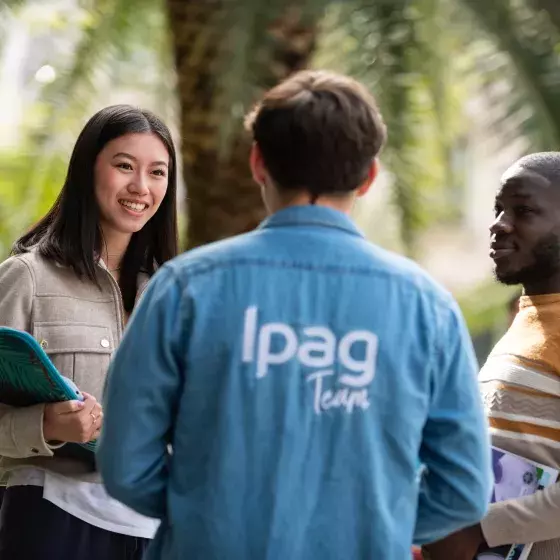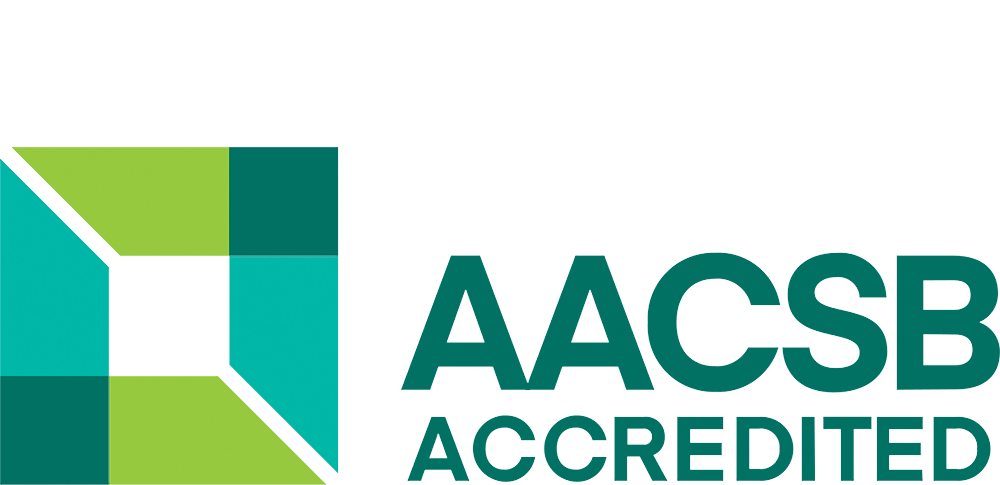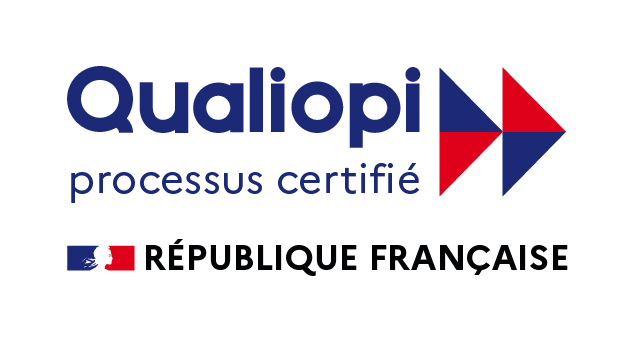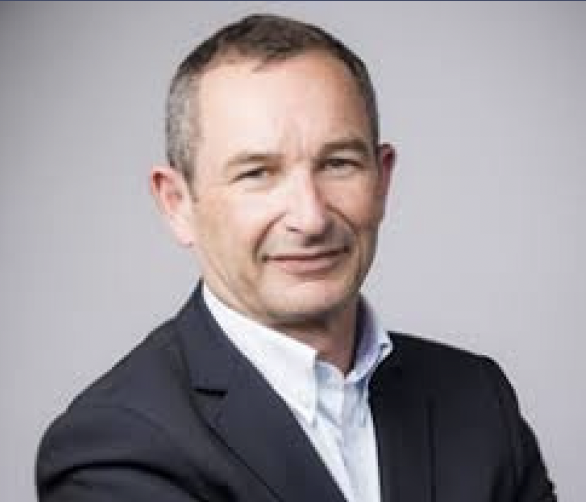31 Jan

Experience IPAG on the Nice campus!
Step into the shoes of an IPAG student for half a day, attending two management classes and participating in a business case study on community lif


Intake
Pace
Graduation diploma
 French
French
4,000 net of tax
Training eligible for the CPF
RNCP Code: 37969
From BAC+2 only for certification
Director of Continuing Education IPAG Executive
Frédéric Rossi
Mail: f.rossi@ipag.fr
Tel: 01 53 63 36 22
Presentation
This entirely online programme, offered in partnership with the association/NGO Migrations & Climat International, enables you to follow a block of skills regardless of your geographical location. This course is eligible for the CPF. This programme is open to anyone wishing to acquire skills in sustainable leadership. It can also lead to certification, provided the prerequisites are met.


Objectives
TRAINING AT YOUR OWN PACE
A training programme based on three two-day modules delivered over four half-day sessions.
ADMISSION
ADMISSION PROCEDURE
Fill in the application form and send it to f.rossi@ipag.fr
ADMISSION PROCEDURE CERTIFICATION
Stage 1
Completed application form to be returned to the following e-mail address:
f.rossi@ipag.fr
Stage 2
Interview with an admissions panel: assessment of whether the applicant's career plan is in line with the course.
Stage 3
Decision of the admissions panel
3 Skill blocks
SUSTAINABLE LEADERSHIP AND ETHICAL GOVERNANCE
CIRCULARITY AND BUSINESS DEVELOPMENT
BUSINESS DEVELOPMENT AND RISK MANAGEMENT IN THE FRENCH-SPEAKING WORLD
Profile
Prerequisites fort the certification
- Hold a 2-year higher education qualification
- At least 7 years' professional experience
Tania-Bénédicte M’BAKA

An activist in the fight against climate change and its impact on migration, she helps African communities affected by these challenges, particularly in Senegal, the Democratic Republic of Congo, the Central African Republic, Chad and Cameroon. It supported several African states in drafting their Nationally Determined Contributions (NDCs) and in the negotiations for COP 28 in Dubai and COP 29 in Baku.
Denis DESCHAMPS

Secretary General of Migrations & Climat international
A graduate of Science Po Paris, he has spent a large part of his career in institutions working for cooperation and economic diplomacy between France and Africa, in particular as General Delegate of the Cpccaf. Denis Deschamps is a fervent advocate of decentralised cooperation, the industrialisation of Africa and responsible, sustainable economic development.
He is a member of the Académie des Sciences d'Outre-Mer (ASOM) and also of the conseillers du commerce extérieur de la France (as PEA), the Académie de l'intelligence économique and the société d'encouragement de l'industrie nationale in Paris.
Frédéric ROSSI

Director of Continuing Education
IPAG Executive Education
Evaluation methods
Summary - My logbook
Application
Contact